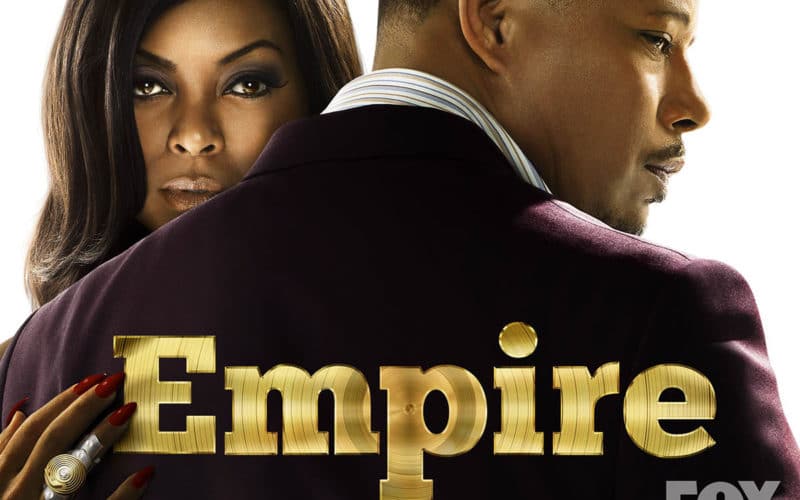While the summer of 2020 may go down as the season we vacationed indoors and tried to avoid breathing on each other, for the Ninth Circuit, it’s been the summer of substantial similarity cases. After you’ve tried to say that three times fast, take a look at the court’s recent docket: First, in July, it reversed two district court dismissals in the “Shape of Water” and “Pirates of the Caribbean” cases. Then, earlier this month, the court affirmed a district court dismissal of the “Inside Out” lawsuit. Today, the Ninth Circuit completes its copyright quartet by affirming the Central District’s dismissal in Astor-White v. Strong, better known as the “Empire” case.
In 2015, plaintiff John Astor-White filed a lawsuit against the producers and creators of the television series “Empire.” Astor-White claimed that the show infringed his one page treatment “King Solomon,” which described the concept for a television series about a African American recording industry mogul and his family.
In 2015, Central District of California Judge Percy Anderson dismissed the lawsuit with prejudice, finding that the plaintiff’s treatment had virtually nothing in common with the “Empire” series beyond its basic themes, which were not protected by copyright law. The judge also found that Astor-White hadn’t alleged any facts that would support an inference that the defendants had access to the “King Solomon” story. The plaintiff had only provided his treatment to three people, none of whom had anything to do with “Empire.”
The Ninth Circuit affirmed the dismissal in an unpublished 2018 opinion, holding that while the district court correctly decided that the plaintiff hadn’t pleaded sufficient facts to state a claim for infringement, Astor-White should at least have been given the opportunity to amend.
The 2018 decision is probably best known for Judge Wardlaw’s concurrence, in which she criticized the increasingly common practice of district courts deciding substantial similarity cases at the pleading stage. This is the process whereby judges, prior to discovery, compare the two works at issue after filtering out any unprotectable elements. Judge Wardlaw suggested that discovery and expert testimony should instead be the norm in these cases, going as far as to say that “judges have no particular expertise in determining what is and is not generic in cases like these.”
The case was sent back to the district court to give the plaintiff another chance to amend his complaint. However, despite going through three sets of lawyers and filing two more complaints, plaintiff’s substantive allegations didn’t change much. In 2019, the district court dismissed Astor-White’s third amended complaint, again finding that it did not plausibly allege either access or sufficient similarities between the plot, themes, dialogue, settings and characters of the two works to state a viable claim.
And so, the “Empire” legal drama—which at this point has outlasted the TV series itself—went back up on appeal.
Today, that drama came to an end, with the Ninth Circuit affirming the dismissal of Astor-White’s complaint without further leave to amend. The court (comprised of a different panel than in 2018) first concluded that the plaintiff had not adequately alleged “actual copying” because his script was only shared with three people. Without a reasonable opportunity or possibility that any of “Empire’s” creators or producers had seen Astor-White’s treatment, he couldn’t allege the access required to state a claim for infringement.
The court went on to hold that the “King Solomon” treatment and the “Empire” television series don’t share similarities in protectable expression, as opposed to unprotectable “ideas and concepts, material in the public domain, and scènes à faire.” Not surprisingly, given the Ninth Circuit’s track record over the years, today’s opinion was in the form of an unpublished memorandum disposition, which means that it is technically not “precedent” of the court.
Of course, this won’t stop the lawyers at Disney/Fox from pondering why half of the lawsuits they’re defending have been ripe for pleading stage dismissals (“Inside Out” and “Empire”) while the other half require discovery and potentially even expert testimony (“The Shape of Water” and “Pirates of the Caribbean”). At least there’s still a month of summer staycation left to try to make sense of the Ninth Circuit’s increasingly-confusing approach to substantial similarity cases.






